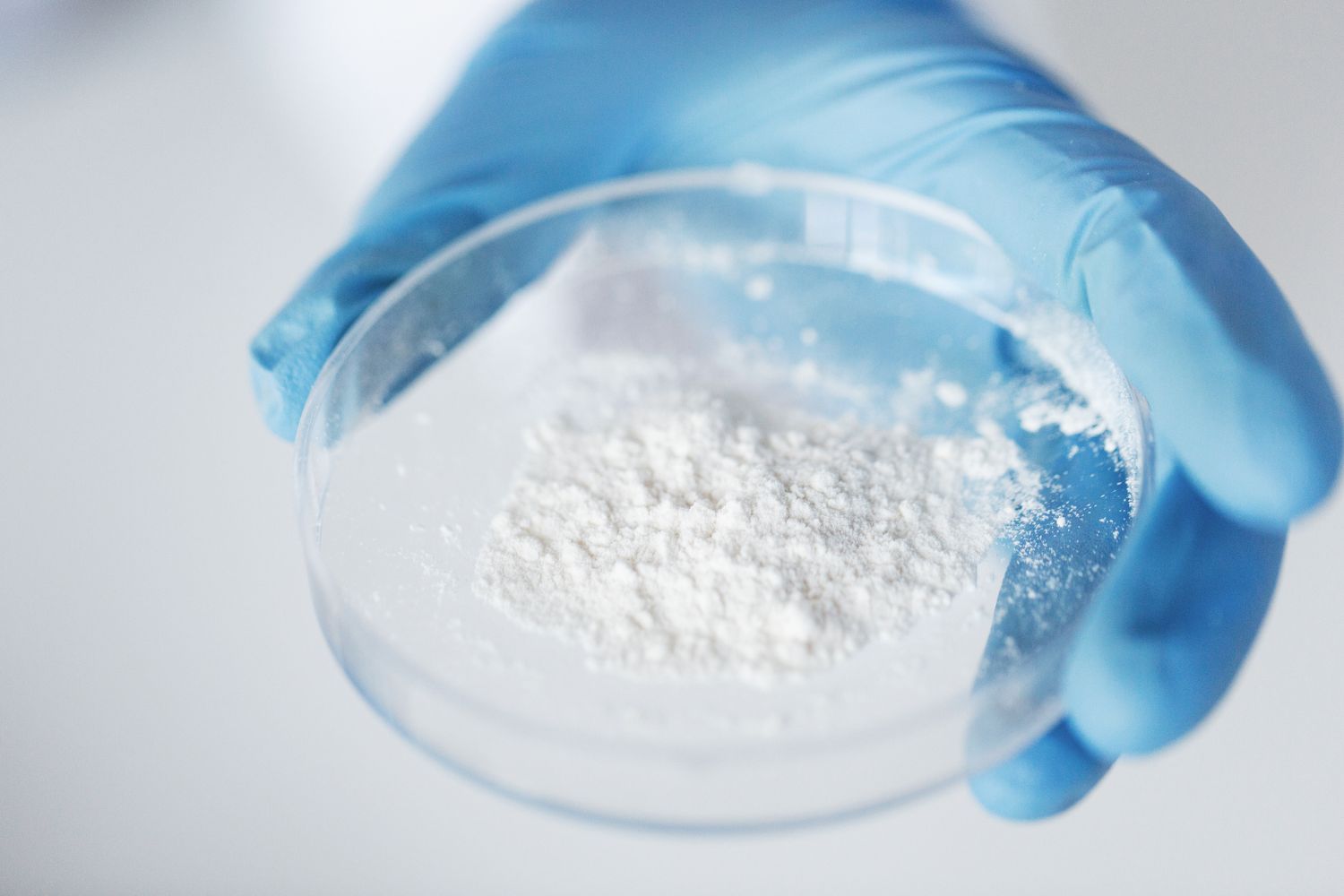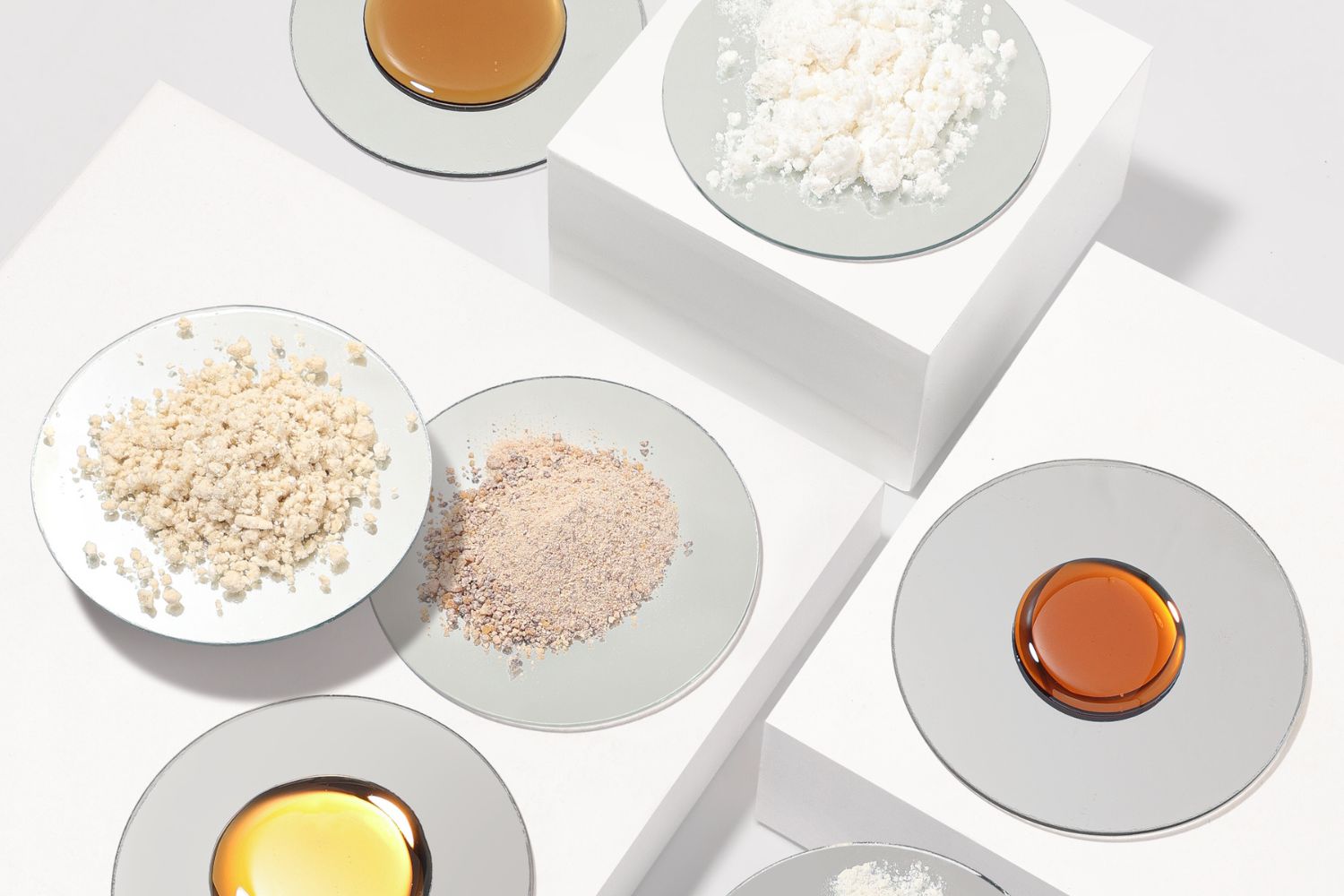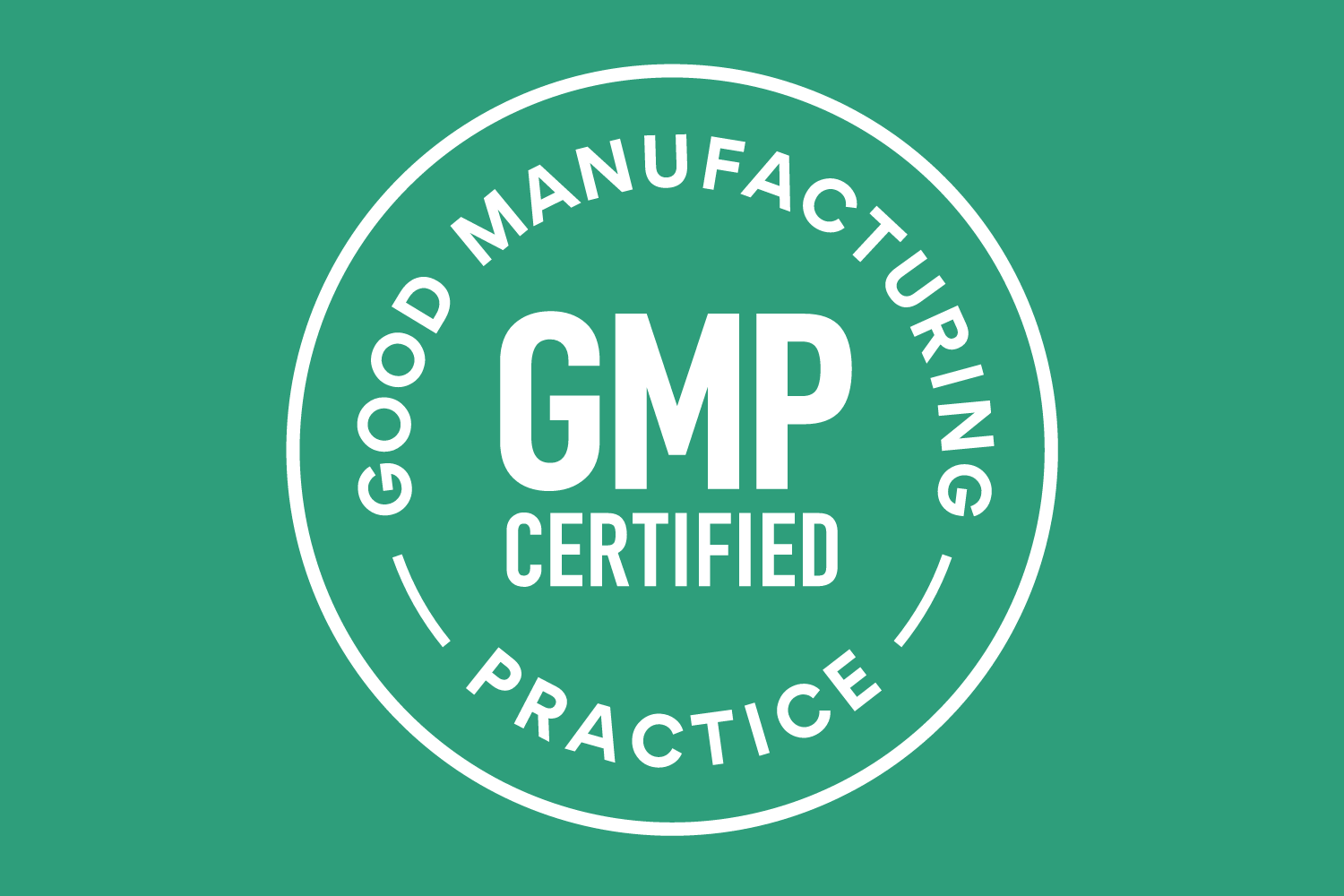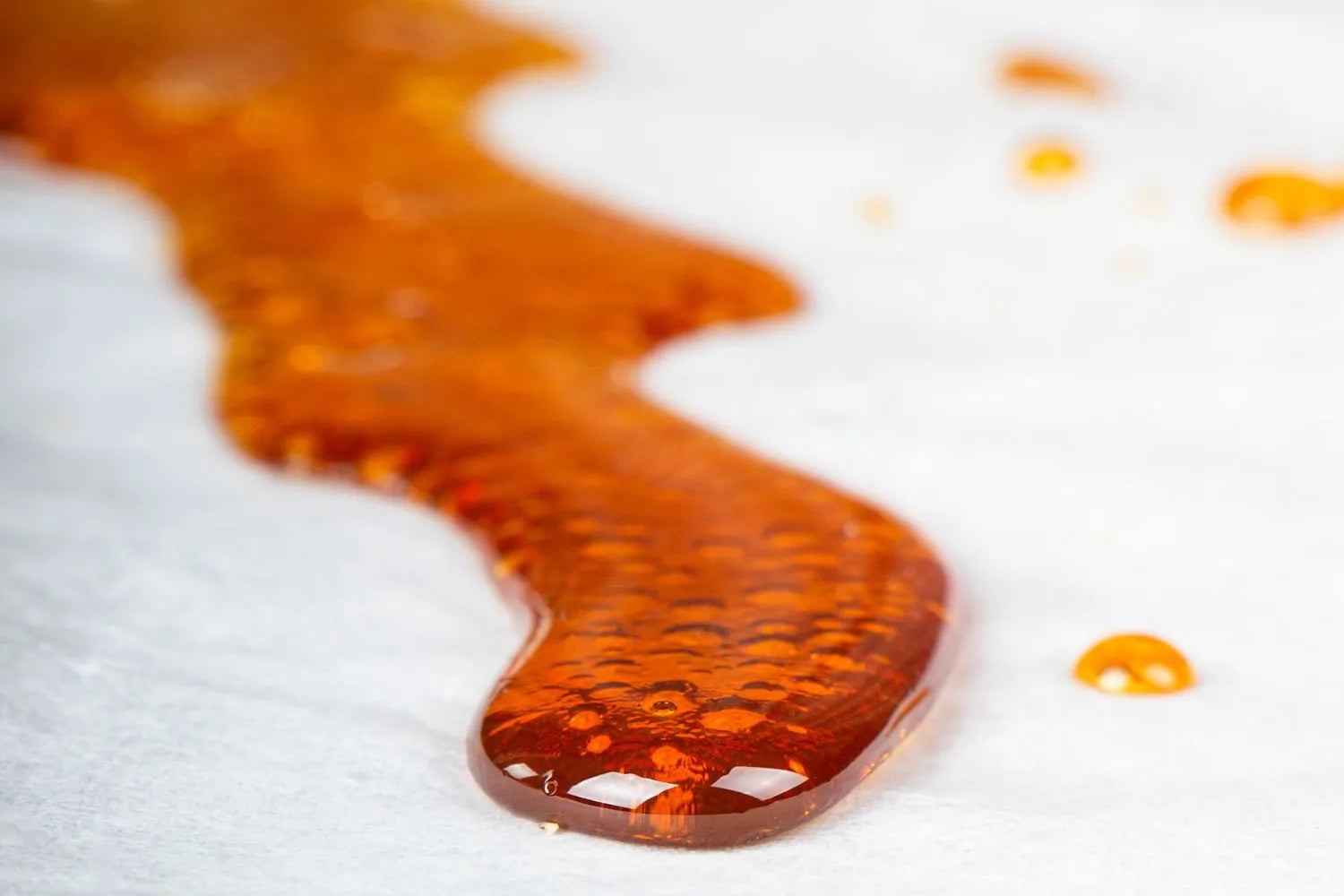CBD (cannabidiol) and H4CBD (hexahydrocannabidiol) sound similar, but these two cannabinoids share little in common.
Another addition to the growing list of relatively unexplored cannabinoid compounds, H4CBD is remarkable in its sourcing and extraction. But unlike rare cannabinoids like CBG, CBN, CBC, or even delta-8 THC, H4CBD - for better or for worse - effectively flipped conventional CBD on its head.
Modern cannabinoid medicine continues developing at breakneck speed, offering new potential therapeutic options. But the widespread success of natural compounds, like CBD, and new cannabidiol derivatives, such as delta-8 THC, shows that natural remedies can take off on the market faster than researchers keep up. Consequently, we must approach this hydrogenated form of CBD with caution.
So what is H4CBD? How is it made? Is this different form of CBD safe? Let's take a look.
What are Hydrogenated Cannabinoids?
According to the National Cannabis Industry Association, hydrogenated cannabinoids are a "modification to the natural framework of the compounds the cannabis plant produces biologically." [1]
In other words, chemists and biologists use "hydrogenation" to tinker with the compound's (in this case, CBD) atomic formula, simultaneously altering the chemical makeup (more on that soon).
Examples of Hydrogenated Cannabinoids
There are a few examples of hydrogenated cannabinoids. As of the writing of this article, THC is the only other cannabinoid, aside from CBD, subjected to hydrogenation.
However, botanists and chemists would describe H4CBD as a "congeneric cannabinoid" to CBD. As briefly explained in a 2022 study by Nguyen et al., congeneric cannabinoids are structurally and chemically similar. They "...share biosynthesis pathways and form the biogenetically determined residual complexity of CBD purified from C. sativa." [2]
In plain English, congeneric cannabinoids share similar (but not necessarily identical) chemical structures and makeups. The study above focused on CBD, but its authors listed examples of congeneric cannabinoids to CBD:
- THC
- CBDA
- CBDV
- CBC
How is H4CBD Made?
Manufacturers create hydrogenated CBD by adding four hydrogen atoms to the CBD molecule. The purpose is to make a form of CBD with marginally different chemical properties.
To illustrate, the atomic formula for "normal" CBD is C21H30O2, while H4's is C21H34O2.
As we can see, CBD, in its hydrogenated form, contains an additional four hydrogen atoms. It's also clear that creating a hydrogenated cannabinoid isn't like infusing a natural cannabis plant compound into a carrier oil.
Adding atoms to a molecule is no easy task - so how is it done?
Hydrogenation
Does the term "non-hydrogenated vegetable oil" ring a bell? We might remember how margarine commercials still run that buzzword into the ground. "Hydrogenated" is like the word "calories"; we know it's bad to consume, but we're not entirely sure why (at least from a scientific standpoint).
Fortunately, altering CBD's chemical makeup isn't far from hydrogenating vegetable oil to make margarine. Adding hydrogen atoms to CBD molecules (and other cannabinoid derivatives) relies on the same process as hydrogenating vegetable oil (creating margarine).
H4CBD is new to the hemp-derived supplement industry, but hydrogenating CBD dates back to Todd et al.'s 1940 publication: Cannabis Indica. Part II. Isolation of cannabidiol from Egyptian hashish. Observations on the structure of cannabinol [3].
Furthermore, hydrogenation is a process used on many consumer products and chemicals for sale or research purposes.
How Does Hydrogenation Work?
Without getting too technical, chemical hydrogenation is a reaction that inserts hydrogen atoms into the product's (in this case, CBD) atomic formula.
To complete the reaction, hydrogenation requires a catalyst - a substance that facilitates the process without being consumed. Metal catalysts are used in hydrogenation, typically made of nickel, platinum, and palladium. [4]
Eventually, CBD receives four additional hydrogen atoms, altering cannabidiol's bioactive properties.
What Does H4CBD Do?
Unfortunately, not much has changed since 1940, so CBD hydrogenation (at least for sale as a health product) faded into obscurity until now.
Today, anecdotal evidence suggests that H4CBD might offer some interesting effects - and potential benefits - to fans of industrial hemp extracts.
Effects of H4CBD
Despite sharing a similar name, consumers report that hexahydrocannabidiol radically differs from its natural counterpart.
The most notable difference (which we'll cover next) is its ability to trigger mild intoxication. But aside from anecdotes, we have virtually nothing remotely conclusive to report.
According to consumers, H4CBD is mildly intoxicating, comparable to a 2:1 ratio of CBD to THC.
Is H4CBD 100 Times Stronger than CBD?
Some online outlets claim H4CBD is 100 times stronger than CBD.
There is no conclusive evidence that H4CBD is 100 times stronger than CBD. This claim originated in a 2006 study by Shabat et al. in the Journal of Medical Chemistry. According to the researchers, the new cannabinoid has a stronger affinity for CB1 receptors. These pathways facilitate THC's psychotropic effects. [5]
However, even marketing and sales outlets - who have every reason to use the higher potency claim as a selling point - admit that the study above was far from conclusive.
And although a 2017 review of existing literature by Morales et al. in Frontiers in Pharmacology reached a similar conclusion, they do not suggest that hydrogenated CBD is 100 times more potent than CBD. [6]
Defining "Potency"
What is H4CBD in the context of potency? A problem with the "100 times more potent" claim is that regular CBD doesn't bind with endocannabinoid receptors. Instead, it works through other pathways that mitigate everything from mood to inflammation.
Many consumers associate "potency" with "high." But CBD has no intoxicating effects.
For instance, some patients consume over 1,000 mg of CBD daily and don't feel high. If H4CBD is literally more potent than CBD, then it should offer enhanced therapeutic benefits - but still no high.
So does hydrogenated CBD cause psychotropic effects? Yes. But CBD and H4CBD are different compounds with a radically different (as far as we know) set of behaviors. Given CBD's lack of affinity for the CB1 endocannabinoid receptors, comparing the two would be a classic "apples and oranges" situation.
Does H4CBD Get You High (Psychotropic)?
Yes. H4CBD does get you high. As we briefly touched upon earlier, it's comparable to a product containing twice as much CBD to THC.
Again, this stems from hydrogenated CBD's higher affinity for CB1 receptors.
What are the Benefits of H4CBD?
Hydrogenated CBD as a health product isn't very well understood. The study we cited earlier by Shabat et al. alluded to potential anti-inflammatory properties, but it's not conclusive.
However, based on what's known about H4CBD's effects, we can extrapolate that it could promote relaxation and improve mood without heavy intoxication.
Difference Between H4CBD and CBD
With H4CBD and CBD, the fundamental differences lie in their sourcing and effects. Aside from four additional hydrogen atoms, hydrogenated and conventional CBD resemble each other.
But this seemingly small change has huge implications. For lack of a better word, the atomic and structural alteration also "warps" CBD's well-known effects. In short, this hydrogenated version is nearly unrecognizable from its direct hemp derivative - and natural compound - CBD.
Where Do They Come From?
Both hydrogenated and non-hydrogenated CBD come from the Cannabis sativa L. plant species. For legal reasons, manufacturers can only use the "hemp" cultivar, which refers to cannabis with less than 0.3% THC.
Cannabidiol is a direct extract, while H4 is synthesized using natural CBD.
How Do They Work?
The two cannabinoids radically differ in their mechanisms of action. CBD and H4CBD take different routes to achieve their therapeutic effects.
CBD has little affinity for the CB1 or CB2 endocannabinoid receptors, while hydrogenated CBD binds comparatively strongly to both pathways.
Effectiveness & Benefits Comparison
Since no compelling research exists on the therapeutic benefits (if any) of H4CBD, this comparison list is rather short.
The only contrast is that CBD can't make you feel high, while H4CBD can have mild psychotropic properties.
Legal Status
Since H4CBD is not a derivative or analog of THC, it enjoys the same legal protections as CBD under the 2018 Farm Bill.
Still, some states may decide to ban CBD and other products based on antiquated fears about cannabis. Always check laws in your area before purchasing cannabinoid supplements.
Difference Between H4CBD and HHC
Hydrogenated CBD is pretty tame compared to our next cannabinoid. Hexahydrocannabinol (HHC) is found naturally in the cannabis plant, while hydrogenated CBD is a partially synthetic cannabinoid.
However, HHC needs to be synthesized due to its small concentrations in cannabis. It's impossible to breed plants that are high in HHC.
To create HHC, manufacturers hydrogenate THC instead of CBD. However, consumers say HHC has milder psychotropic effects than THC but is still intoxicating.
Where Do They Come From?
Both H4CBD and HHC come from the Cannabis sativa L. plant. The former is synthetic, while the latter can occur naturally. But HHC's presence is so minor that selectively cultivating HHC plants is impossible.
If you buy HHC, it's a partially synthetic cannabinoid. But H4CBD is inherently synthetic and doesn't exist in cannabis.
How Do They Work?
However, HHC maintains THC's extremely high affinity for the CB1 and CB2 receptors.
Effectiveness & Benefits Comparison
Legal Status
Hydrogenated CBD is legal. However, HHC is a THC derivative. Consequently, HHC is illegal on a federal level. As always, research your local laws to avoid potential legal complications.
Is H4CBD Synthetic?
Although H4CBD is - at its core - a different version of CBD, the conversion process artificially inserts hydrogen atoms into hemp-derived CBD. Consequently, H4CBD is a technically synthetic form.
However, "synthetic" is a broad term, especially when referring to synthesized cannabinoid products. For instance, artificial cannabinoids like K2 or Spice have no connection to their naturally occurring counterparts. Instead, chemicals are used to simulate the natural properties of THC. This makes artificial THC an inherently synthetic (and dangerous) product.
But we could argue that products like H4CBD and delta-8 THC fall in a gray area between synthetic and natural derivatives since both can be sourced from organic CBD.
Best H4CBD Products to Make
H4CBD is still new to the market, which makes it an excellent time to enter both CBD and H4CBD markets. Consider the following hydrogenated cannabinoid products:
What is H4CBD Distillate?
H4CBD distillate is pure H4CBD extracted and infused into "denatured" hemp oil. The term, in this case, refers to hemp oil that is clear of any other compounds.
The tincture is indistinguishable from any conventional CBD oil, taking the same color and consistency.
Where is H4CBD for Sale?
Arvanna offers the newest cannabinoids at an incredible value. Aside from competitive prices, the company uses a proprietary method without heat or chemical isomerization. Arvanna's pure approach to hemp-derived extracts far exceeds the limited capabilities of conventional manufacturers.
Closing Statements: Is H4CBD Better than CBD?
H4CBD isn't better or worse than CBD or most cannabinoids (as far as we know). Aside from having similar acronyms, H4 and conventional CBD share little in common. The "best" choice is the product that fits our personal health needs.
But considering the technique used to synthesize CBD derivatives, we don't know what the future holds for H4CBD and other new cannabinoids. From what we observe, the psychoactive effects of H4CBD makes this isolated cannabinoid unpredictable. Lack of knowledge about the substance only complicates our problem. It may be time to allow for researchers to get ahead, rather than having them scramble to catch up.
Sources
- NCIA. (n.d.). hydrogenated cannabinoids Archives | The National Cannabis Industry Association. The National Cannabis Industry Association. https://thecannabisindustry.org/tag/hydrogenated-cannabinoids/
- Nguyen, L. H., Yang, D., Nicolaescu, V., Best, T. M., Gula, H., Saxena, D., Gabbard, J. D., Chen, S., Ohtsuki, T., Friesen, J. B., Drayman, N., Mohamed, A., Dann, C., Silva, D., Robinson-Mailman, L., Valdespino, A., Stock, L., Suárez, E., Jones, K. A., . . . Rosner, M. R. (2022). Cannabidiol inhibits SARS-CoV-2 replication through induction of the host ER stress and innate immune responses. Science Advances, 8(8). https://doi.org/10.1126/sciadv.abi6110
- Jacob, A. L., & Todd, A. J. (1940). 119. Cannabis indica. Part II. Isolation of cannabidiol from Egyptian hashish. Observations on the structure of cannabinol. Journal of the Chemical Society, 649. https://doi.org/10.1039/jr9400000649
- Unspecified Authors (2023, June 6). Hydrogenation | Catalytic, hydrophobic & lipids. Encyclopedia Britannica. https://www.britannica.com/science/hydrogenation
- Ben-Shabat, S., Hanus, L., Katzavian, G., & Gallily, R. (2006). New cannabidiol derivatives: synthesis, binding to cannabinoid receptor, and evaluation of their antiinflammatory activity. Journal of Medicinal Chemistry, 49(3), 1113–1117. https://doi.org/10.1021/jm050709m






